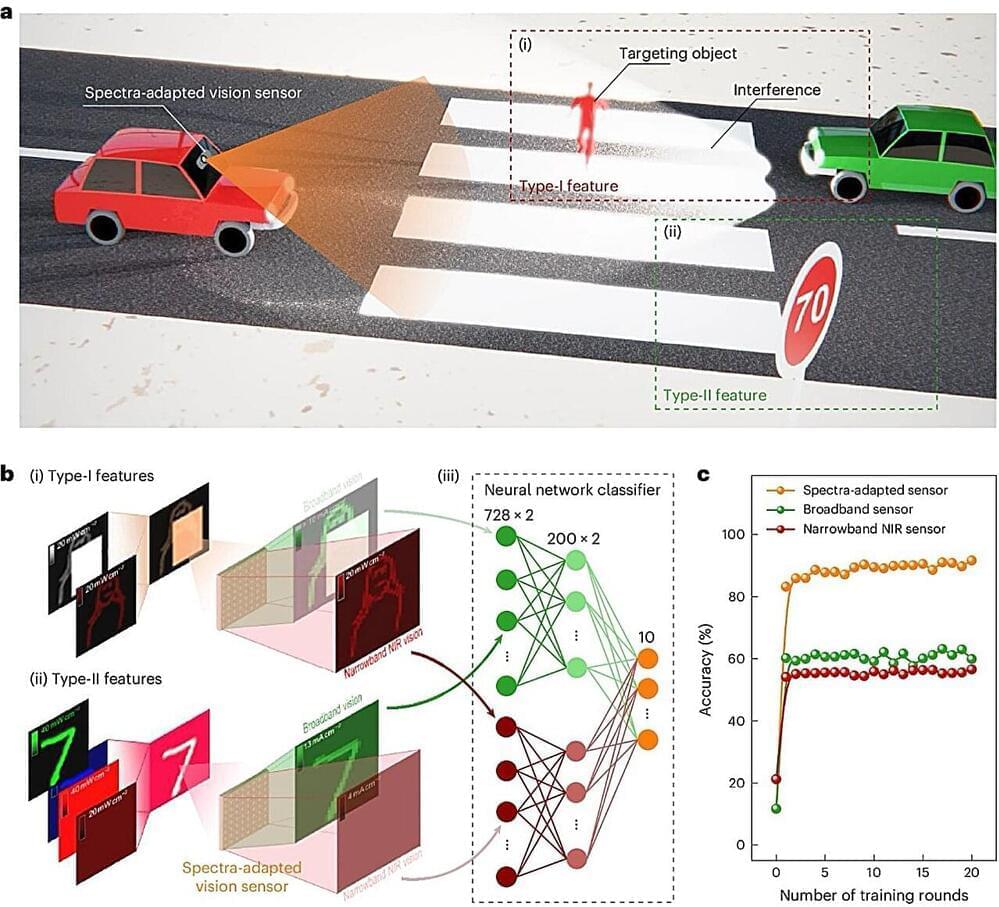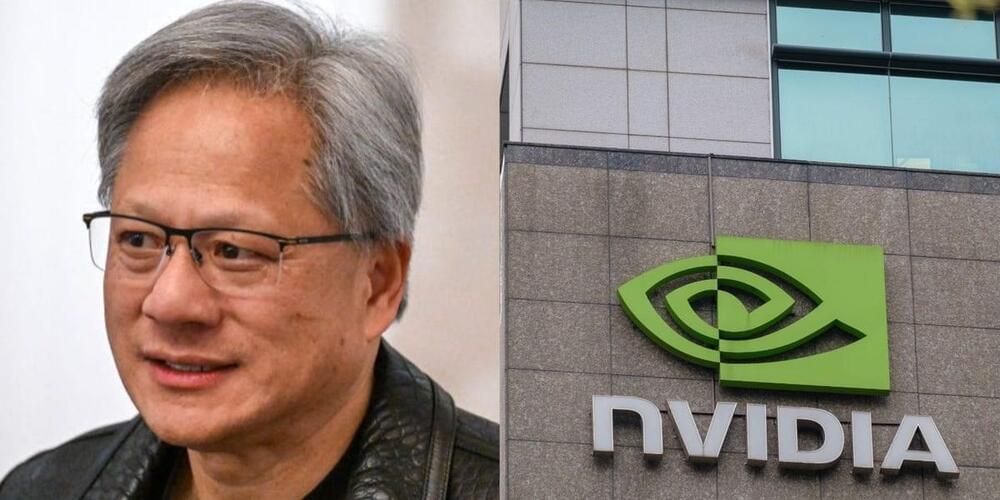Topological quantum magnets are advanced materials that exhibit quantum behavior. Additionally, the magnetic spins of their particles are arranged in a way that creates stable and robust topological states.
These topological states are resistant to any external disturbances. Additionally, the spins in these materials can be entangled. This means they are deeply connected on a quantum level, and therefore don’t easily lose their quantum properties.
However, “So far, experiments have mostly explored non-interacting topological states, and the realization of many-body topological phases in solid-state platforms with atomic resolution has remained challenging,” the study authors note.




